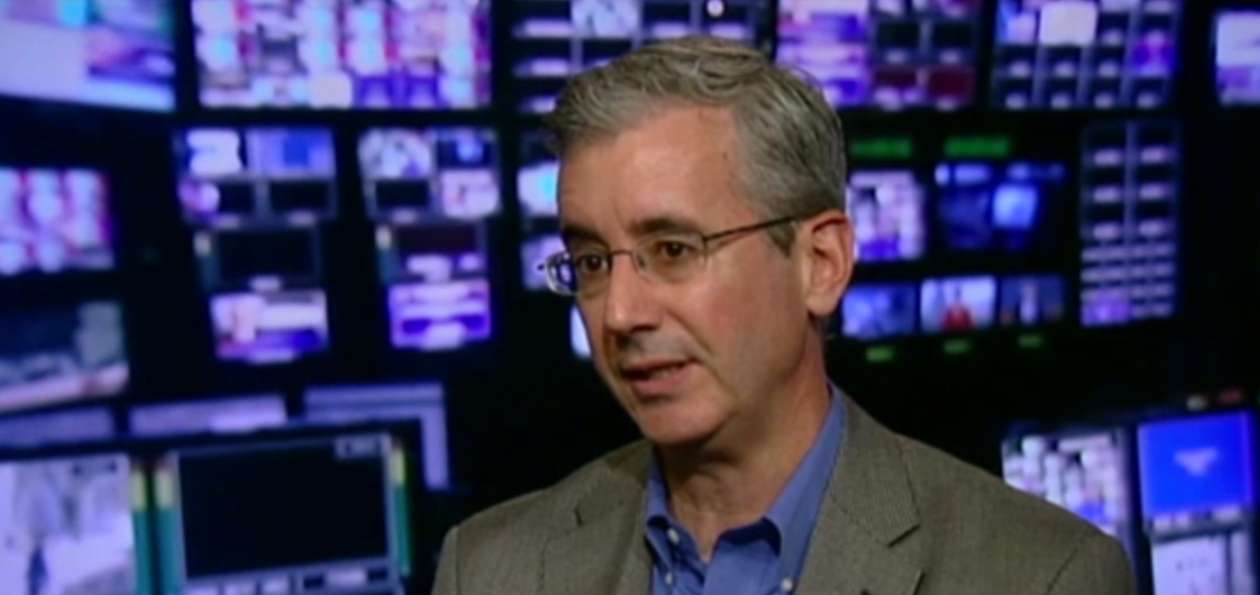Introduction
When the Council of State Governments met last year to discuss product safety, the session was sponsored by Procter & Gamble at its corporate headquarters in Cincinnati, with all presentations led by company scientists and members.
The government council said it took strides to avoid a “one-sided” agenda, and the company said it merely set out to inform, not influence, decision makers. But the session shows the closeness between industry and government in shaping environmental health agendas — and the stage industry is given in framing dialogue.
“The audience was a lot of us who sponsored toxic state legislation at the state level,” said North Carolina Rep. Pricey Harrison, who has encountered hurdles securing reform in her state. “They were trying to show us what industry was doing to keep us safe.”
The two-day session, held July 7 and 8, 2012, drew 25 Council of State Governments members from across the country, who heard P&G-led talks titled “Fundamentals of Human Safety,” “Fundamentals of Environmental Safety,” and “Regulatory Compliance of Consumer Products.” The closing day explored “Current Issues with Safety Science and Public Policy,” with a focus on the Environmental Protection Agency’s chemical policy program.
“The purpose of the event was to provide an educational curriculum to policymakers regarding their use of scientific data, studies and reports when considering policy in their home states,” the council wrote the Center for Public Integrity. “P&G provided access to members of their scientific community who in turn served as speakers and resources during the event.”
Why did the council, founded in 1933 to foster “the exchange of insights and ideas to help state officials shape public policy,” turn to a Fortune 500 company to sponsor the event for its Policy Academy on Consumer Product Safety?
Finances were one factor, the council said. “Given the limited budget for the event, it was determined that the best option would be to take the policy academy event to the resources/speakers, rather than incurring additional travel costs for the speakers to travel to another location,” the CSG said. The council — headquartered in Lexington, Kentucky, with offices from D.C. to California — stayed at a Cincinnati hotel whose meeting space was booked. “Therefore, P&G agreed to house our event on their nearby campus utilizing their conference facilities.”
As it planned the event, the council acknowledged “concerns that such a program could be perceived as one-sided.” To address the issue, the group said it convened a bipartisan council of state leaders to help develop the agenda. “The Council of State Governments hosted the event with material and in-kind support provided by P&G,“ the council said. “At no time did P&G have control over the program.”
For its part, Procter & Gamble said its intent was to educate. “We weren’t trying to influence decisions other than giving state legislators the tools they need to evaluate issues from a scientific standpoint,” said spokesman Tim Long, who took part in the forum. “It was intended to educate them on the process used by industry in general to evaluate safety in ingredients in products.”
Read more in Environment
Environment
EPA proposes crackdown on emissions from new gas, coal-fired power plants
Environment
Study delivers good, bad news on climate-impacting methane leakage from gas wells
Study released today examines greenhouse-effect-causing leaks from fracking wells.


Join the conversation
Show Comments